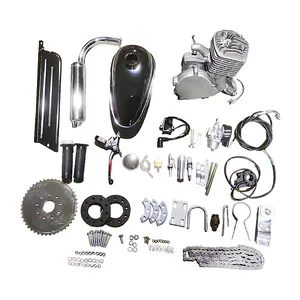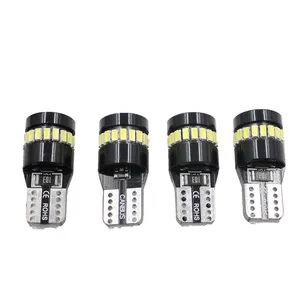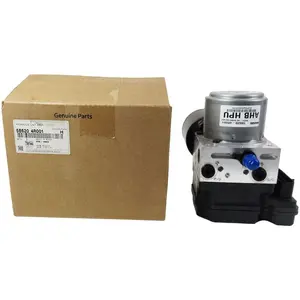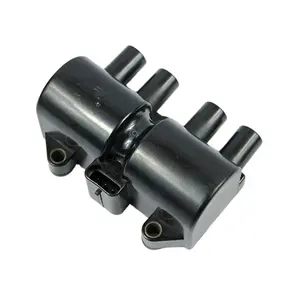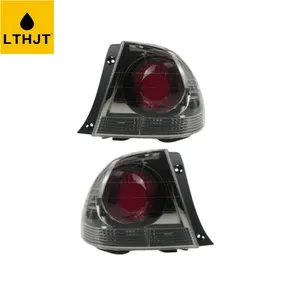Sektörünüzde popüler










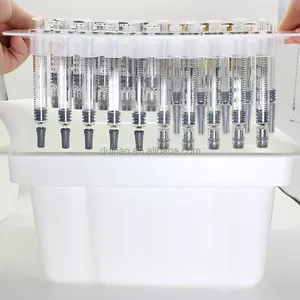



































































































































































































































En iyi kategoriler
2cc şırınga iğne hakkında
Yüksek kaliteli, güçlü ve sağlam olanlara erişin. Alibaba.com'da motorların performansını yenilemek ve kullanım ömrünü büyük ölçüde artırmak için 2cc şırınga iğne. Bunlar kapasitif ve sağlam. 2cc şırınga iğne yalnızca araçlar için değil, aynı zamanda her türden ağır hizmet makineleri için idealdir. Bunların kalitesi. 2cc şırınga iğne kesinlikle üstündür ve motorlara daha iyi destek sağlamak ve sorunsuz çalışması için en son teknolojiler kullanılarak yapılmıştır.
Olağanüstü ve olağanüstü. Sitede bulunan 2cc şırınga iğne, en kaliteli makine parçalarını uzun süredir sunma konusunda mükemmel olan bazı önde gelen tedarikçiler ve toptancılar tarafından sunulmaktadır. Bunlar sağlam. 2cc şırınga iğne, bu ürünlerin en büyük avantajları olan sürtünmeyi önleme, tutarlı performans sağlama ve çevre dostudur. Benzinli ve dizel çalışan birçok çeşit arasından seçim yapabilirsiniz. 2cc şırınga iğne her tür modelle uyumludur.
Bunları verimli ve kusursuz olarak satın aldığınızda. 2cc şırınga iğne Alibaba.com'da, özel gereksinimlerinize uyması için boyutlarına, güçlerine, tork kapasitelerine, radyatör çeşitlerine ve modellerine bağlı olarak farklı ürün çeşitleri arasından seçim yapabilirsiniz. . 2cc şırınga iğne buradan erişilebilen, yani külbütör kolu, eksantrik mili takipçisi, rot yatağı, radyatör ve çok daha fazlasıdır ve kelimenin tam anlamıyla her tür parçaya erişmenizi sağlar. . 2cc şırınga iğne, optimum kaliteyi sağlamak için ISO, SGS, CE, IAF tarafından onaylanmıştır.
Çeşitli keşfedin. 2cc şırınga iğne, Alibaba.com'da değişir ve ürünleri satın alırken tasarruf sağlar. Tüm bu ürünler, ambalajınızı ve ürünlerinizi özelleştirme seçenekleriyle birlikte toplu alımlarda OEM siparişleri olarak mevcuttur. Bu öğeler için devasa fırsatlar sizi bekliyor.
